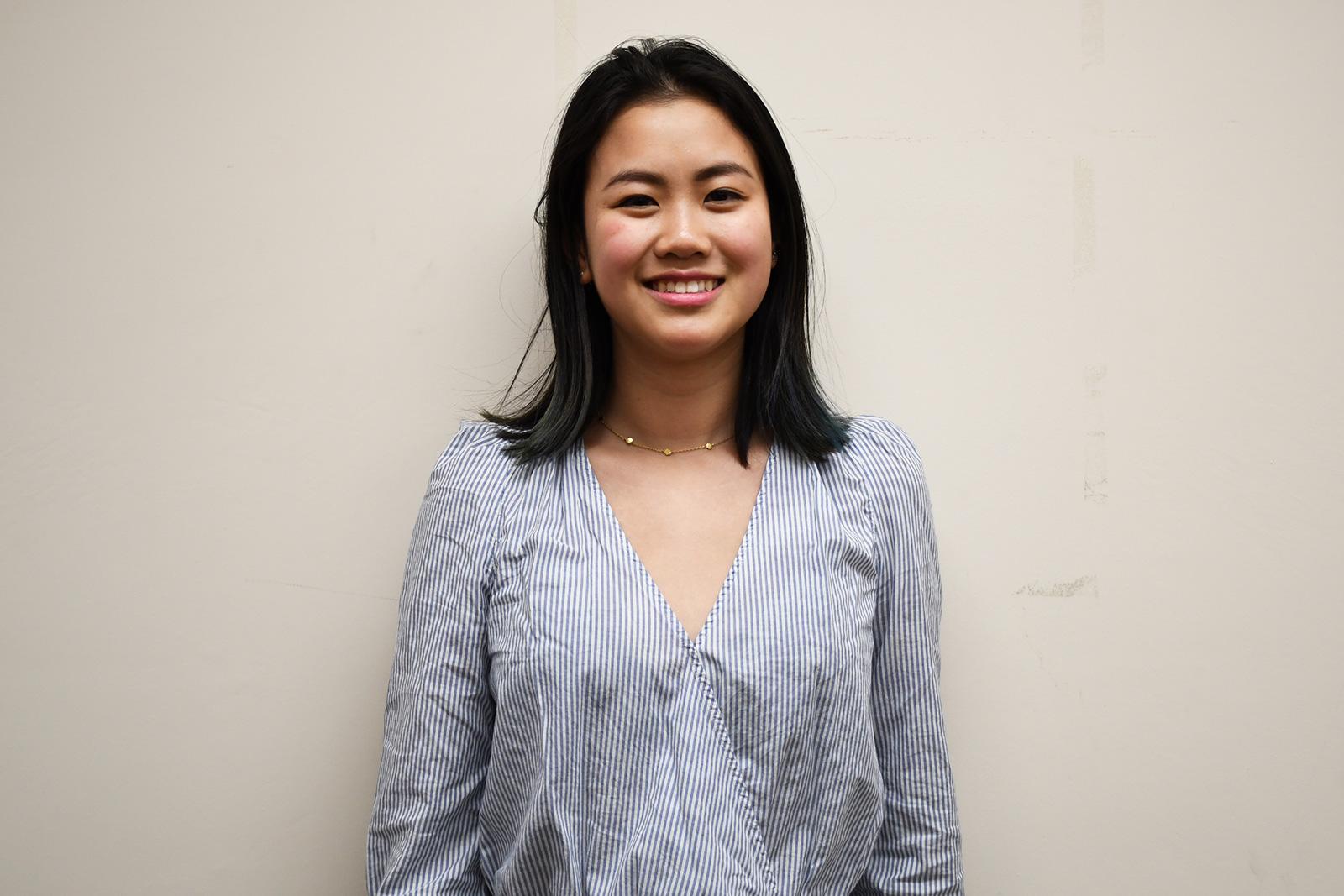Ruth Bader Ginsburg was a lawyer, jurist, associate justice of the U.S. Supreme Court and pioneer for human rights. Friday, the justice died at 87 of pancreatic cancer complications.
Ginsburg was an American hero and a symbol of hope for so many marginalized groups — her passing marks a tremendous loss for the United States.
An alumna of Cornell University and Columbia Law School, Ginsburg was unapologetic about her ambitions during a time when systemic barriers inhibited many women from pursuing higher education.
After facing sexism and sexual harassment while in school, gender discrimination from law firms and demotion while she was pregnant with her first child, Ginsburg dedicated her life to advocating for gender parity so women would no longer be treated as second-class citizens.
Even before she wore her first black robe and jazzy decorative collar, Ginsburg was a groundbreaking figure in the women’s rights movement.
In 1972, she co-founded and led the ACLU’s Women’s Rights Project and proceeded to win five gender equality cases before the Supreme Court, representing both men and women. These victories granted equal military family benefits, allowed women to serve on juries and granted survivors’ benefits to widowers.
On Aug. 10, 1993, Ginsburg was appointed to the Supreme Court by former President Bill Clinton as the second woman, and the first Jewish woman, to serve.
In her continued fight for women’s rights after being appointed justice, Ginsburg wrote a powerful dissent that led to the signing of the Lilly Ledbetter Fair Pay Act in 2009, which prohibits sex-based pay discrimination.
While on the Court, she most certainly lived up to her nickname of “Notorious RBG” as she fought for the constitutional equality of all and remained defiant in the face of long-established systems of oppression.
She helped rule against Colorado’s anti-gay amendment in 1996, and continued to rule in favor of progressing LGBTQ rights and gay marriage following this progressive ruling.
Ginsburg also joined the ruling for the categorization of LGBTQ discrimination as sex discrimination, and thus ruled for the protection of the LGBTQ community from workplace, educational, health care and housing discrimination in Bostock v. Clayton County. This decision was vital in advancing the rights of not only the gay community, but the transgender community as well.
Additionally, Ginsburg was a strong proponent for reproductive health issues and abortion rights. At her confirmation hearing in 1993, Ginsburg argued that all women should have access to safe abortion and only the affected woman can make that decision.
“This is something central to a woman’s life, to her dignity,” Ginsburg said. “It’s a decision that she must make for herself. And when the government controls that decision for her, she’s being treated as less than a fully adult human responsible for her own choices.”
When Texas was set to legalize two restrictions that would shut down abortion clinics in 2016, Ginsburg joined the majority ruling that they were unconstitutional in Whole Woman’s Health v. Hellerstedt. A near-identical abortion access law surfaced in Louisiana in 2019 and was also struck down by the Court earlier this year.
Though Ginsburg is most recognized for her work for women’s rights, the justice was also a champion for people with disabilities. In the 1995 Olmstead v. United States case, Ginsburg authored and delivered a 6-3 majority opinion against the segregation of individuals with mental illnesses — they now have the opportunity to live in community programs outside of institutions.
Nothing could stop Ginsburg’s trailblazing work — not even pancreatic cancer.
Since her first diagnosis in 2009, Ginsburg worked tirelessly and remained on the Court despite her health problems. Even while undergoing liver cancer treatment, she continued her duties. She would remain on the Court as long as she could perform at “full steam.”
It’s crazy to think that some of our lives, basic rights and livelihoods were so dependent on one person — even one whose strength allowed her to defeat cancer four times. But the impact of her work is insurmountable and cannot be summed up in such a brief article. To lose her is to lose one of the greatest progressive icons and social justice advocates we have seen.
Senate Majority Leader Mitch McConnell has already confirmed his support for whomever President Donald Trump nominates to fill Ginsburg’s seat — a drastic shift from 2016 when McConnell argued that there should be no confirmations during an election year. Trump himself has taken to Twitter and vowed to select Ginsburg’s replacement “without delay.”
On the chance that there is enough time for a confirmation, the implications of this shift in position are disturbing — simple majority vote is all it will take to confirm a nominee, and currently, Republicans hold 53 of 100 seats in the Senate.
Furthermore, appointing a Republican justice to fill Ginsburg’s seat on the Court would throw the balance from a 5-4 Republican majority to 6-3, and would require the Democrats to get two from the GOP to win a case. Reproductive rights, which Ginsburg has staunchly defended her entire career, are in immediate jeopardy — there is a very good possibility that Roe v. Wade gets overturned, and that would be just the tip of the iceberg.
Ginsburg’s last and “most fervent wish,” as conveyed to her granddaughter, was to “not be replaced until a new president is installed.” We cannot let her work be undone or her legacy erased — we must not allow the fight to die with her. It is all the more crucial to vote for former Vice President Joe Biden and remove Trump from office.
Rest in peace and power, Ruth Bader Ginsburg. You will be sorely missed.
On behalf of all the trailblazers that still remain, the legacy you have built will never crumble — we will fight, forever, to uphold it.















































































































